If you assumed your favorite bacon brand, smartphone maker, or hotel chain was purely American, you’re not alone, but ownership tells a different story. Over the past decade, Chinese companies have quietly scooped up stakes in U.S. businesses across tech, real estate, entertainment, and food. Here’s a quick rundown.
Smithfield Foods

America’s largest pork producer was acquired in a $4.7 billion deal by China’s WH Group. The Virginia-based company maintains local production, but revenues ultimately funnel to Chinese corporate leadership.
Cirrus Aircraft

This sleek airplane maker from Duluth, Minnesota, was taken over by China’s AVIC in 2011. Cirrus builds high-end private planes, including models with parachutes. The deal gave China a rare window into American general aviation, a sector it had long struggled to break into independently.
GE Appliances
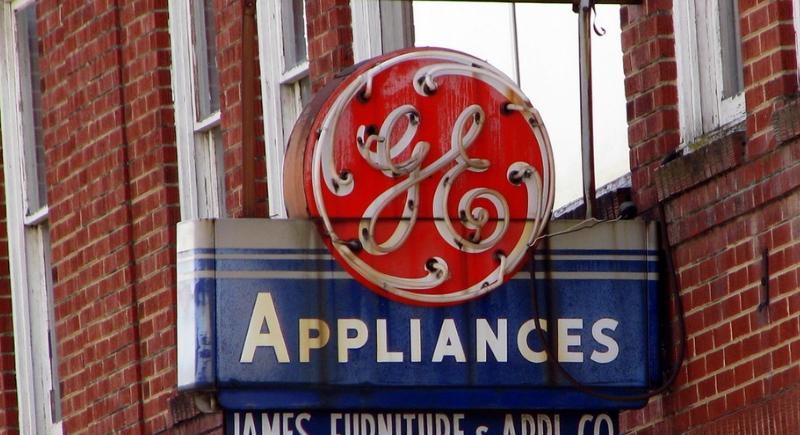
Haier, a massive Chinese appliance brand, finalized its $5.4 billion acquisition of GE Appliances in 2016. The brand manufactures stateside, but strategic decisions now align with Haier’s international objectives.
Waldorf Astoria

In 2014, China’s Anbang Insurance Group made waves by paying close to $2 billion to secure the Waldorf Astoria in New York. The deal came with national security concerns. U.S. officials stopped staying there due to fears of surveillance risks.
Motorola Mobility
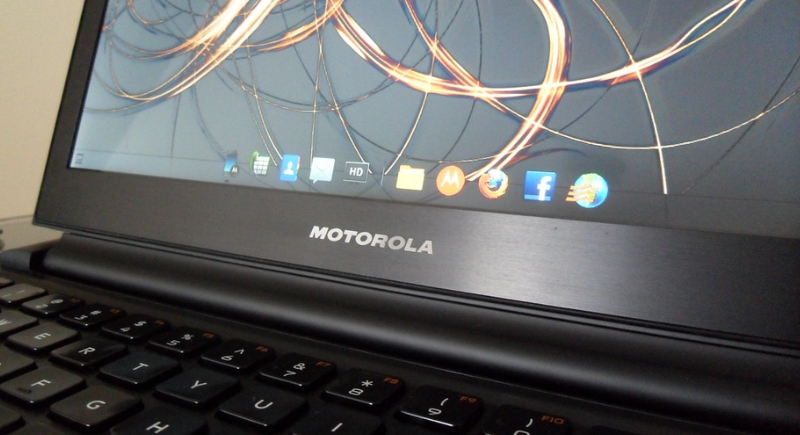
After Google gave up on its smartphone division, China’s Lenovo stepped in. In 2014, it took over Motorola Mobility in a $2.91 billion deal. Motorola’s strategic control is now centered in Beijing. It’s a quiet but significant presence in U.S. telecom hardware.
AMC Theatres
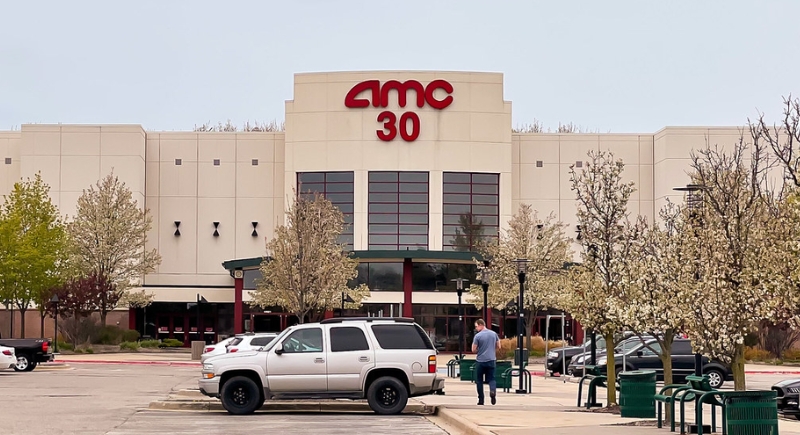
The largest movie theater chain in the world is technically Chinese-owned. In 2012, Wanda Group, a real estate and entertainment conglomerate from China, took majority ownership of AMC Theatres. Though Wanda later reduced its holdings, its influence reshaped AMC’s global operations.
245 Park Avenue

This Manhattan skyscraper, one of New York’s biggest real estate deals, changed hands in a $2.21 billion deal with China’s HNA Group. Financial instability later forced HNA to sell off some U.S. assets, but for a moment, this tower symbolized China’s deep interest in U.S. commercial real estate.
Riot Games
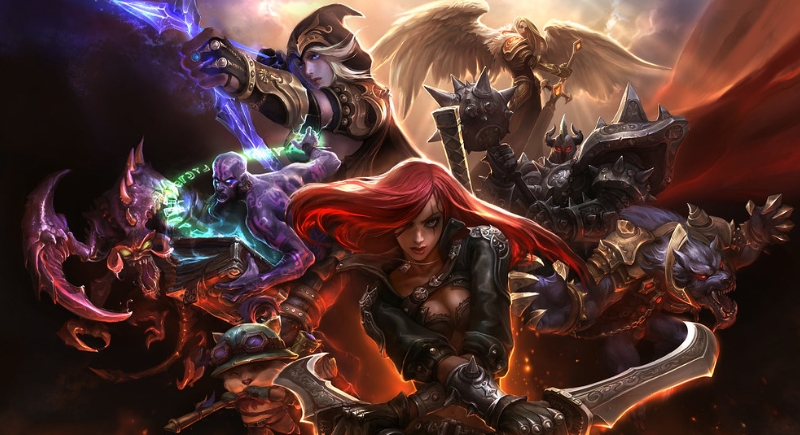
If you’ve played League of Legends, you’ve played a Tencent product. The Chinese tech giant first invested in Riot in 2011, then completed full ownership of Riot Games by 2015. Riot is headquartered in Los Angeles, but Tencent funds and fuels its expansion, esports empire, and monetization models.
Strategic Hotels & Resorts
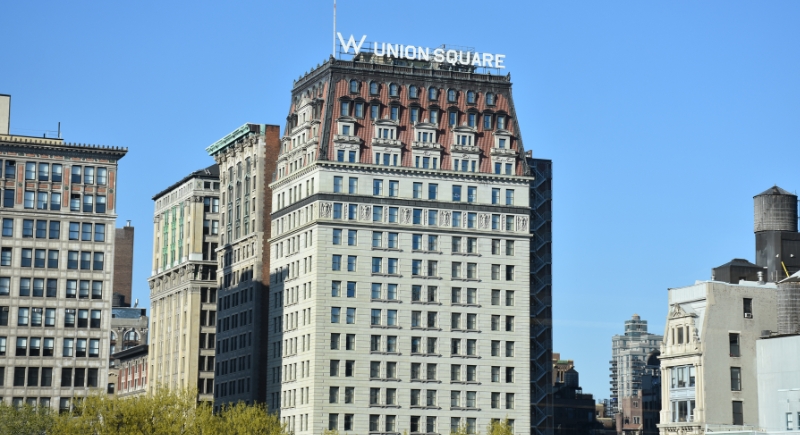
Anbang wasn’t done with the Waldorf. In 2016, it added 15 luxury hotels to its portfolio in a $6.5 billion purchase under Strategic Hotels & Resorts. After Anbang ran into regulatory trouble, oversight shifted to Chinese regulators. Today, Chinese regulators oversee some of America’s fanciest hotel assets.
Ingram Micro
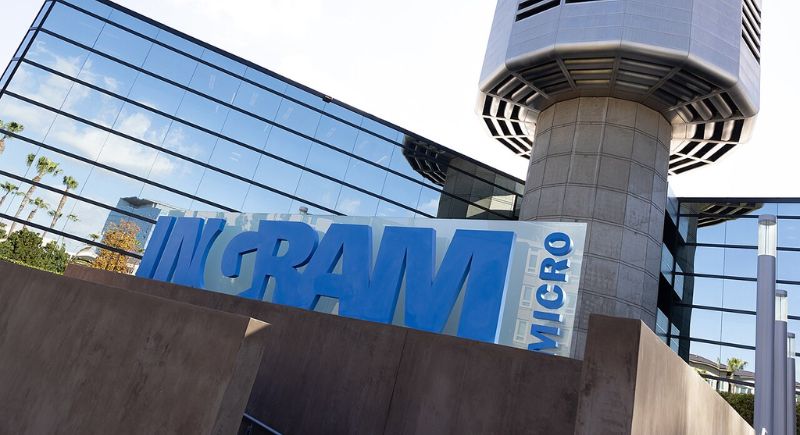
One of the largest IT product distributors globally, Ingram Micro, entered Chinese ownership through a $6 billion sale to HNA Group. The company shifted into HNA’s sprawling investment portfolio—until HNA’s own financial troubles sent shockwaves through its U.S. holdings.
Nexteer Automotive
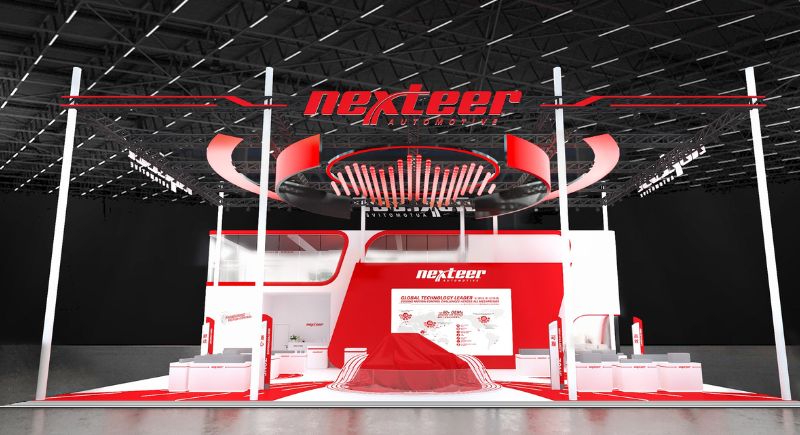
Once part of General Motors, Nexteer makes steering and driveline systems in Michigan. But since 2010, it’s been under the control of Pacific Century Motors, linked to AVIC. Its revenue and direction are now aligned with Chinese policy-linked investors, even though it services major U.S. carmakers.
Legendary Entertainment

Blockbusters like Jurassic World and The Dark Knight have ties to China via Legendary Entertainment. In 2016, Wanda Group acquired the Hollywood studio for $3.5 billion. Wanda’s purchase shifted focus to international ticket sales and co-productions
Henniges Automotive

This Michigan-based firm specializes in automotive sealing and insulation. In 2015, a joint acquisition by AVIC and BHR Partners placed it under partial ownership connected to China. That deal raised eyebrows in Washington due to the advanced tech involved and the political ties of BHR’s founding partners.
Karma Automotive
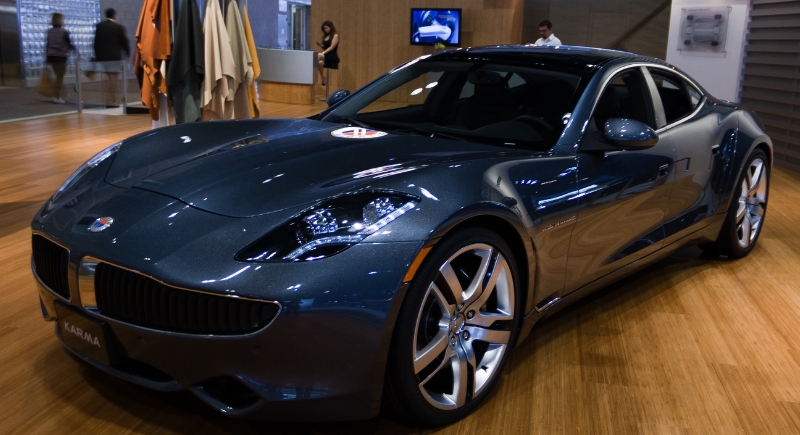
After electric carmaker Fisker went bankrupt in 2014, China’s Wanxiang Group picked up the pieces. The rebranded Karma Automotive manufactures high-end electric vehicles in California. It’s an American resurrection project driven by Chinese investment and supply networks.
IBM’s PC Division
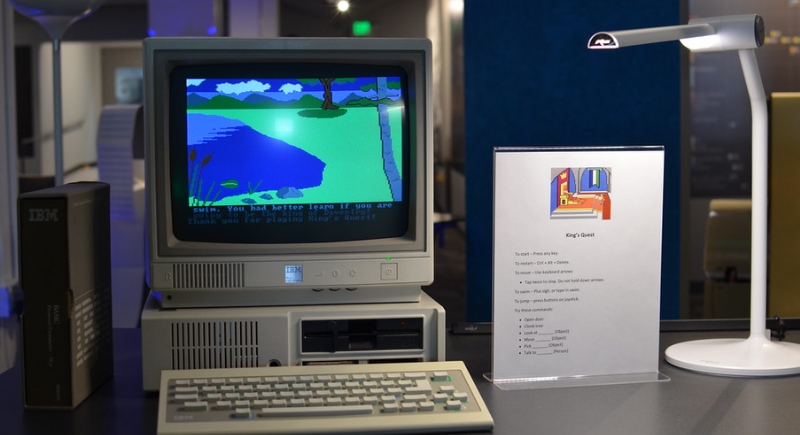
In 2005, Chinese tech giant Lenovo secured IBM’s PC business, including the ThinkPad line, in a $1.75 billion transaction. This move marked Lenovo’s emergence on the global stage, allowing it to become one of the world’s largest PC manufacturers.